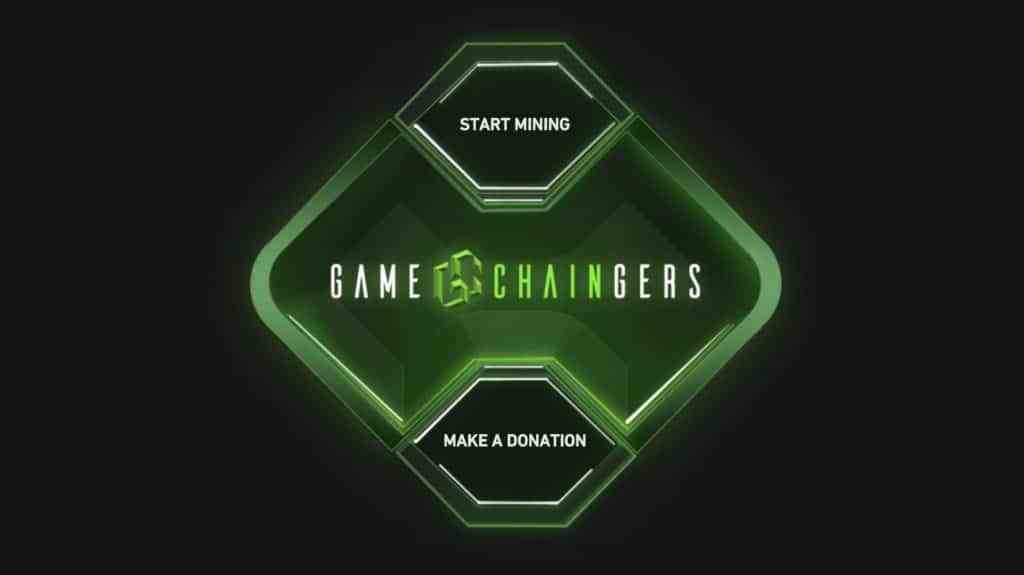The aid organization UNICEF wants by crypto mining funds for humanitarian aid of Syrian children gather . The United Nations Children's Fund decided to use the Ethereum Blockchain because gamers tend to have the highest-performance graphics cards and are very well suited for mining at ETH.

Crypto-mining for charity. This new idea has been implemented since 2 February under the name "Game Chaingers" by the United Nations Children's Fund (UNICEF), which has set up a completely new fundraising concept. In order to raise money for essential goods and medicines for the benefit of Syrian children, one now turns to the e-sports community. Various popular players of "Starcraft 2" and "CS: GO" along with several software houses appear as so-called ambassadors to make the project known in-house.
The in-house Mining Client is available for Windows and Linux PCs with a modern graphics card, including shading cores from AMD or NVIDIA. However, charitable mining does not have to be at the expense of enjoying the game. The mining client of chaingers.io can be switched on or off at any time. For example, if you make a break while playing or let the PC run overnight.
The UNICEF website asks if anyone has ever heard of Bitcoin. The cryptocurrency Ethereum is comparable with it. Only this would make it much easier to calculate coins on private computers. The scrapped donations of all participants flow directly into the UNICEF wallet. Regular donations by credit card or PayPal are still possible. If you want, you can alternatively provide one of the nine million homeless children in Syria with the power of its graphics card and the power it consumes.
This project can only be successful if as many people from the e-sports community join in, the video says . Apparently, the campaign has not got around much yet. So far, according to the website only 362 miners participate, something about 911 euros have been collected so far. But statistics show that participation is slowly but surely increasing. The project "Game Chaingers" still has some time to develop. It runs until 3 March 2018.